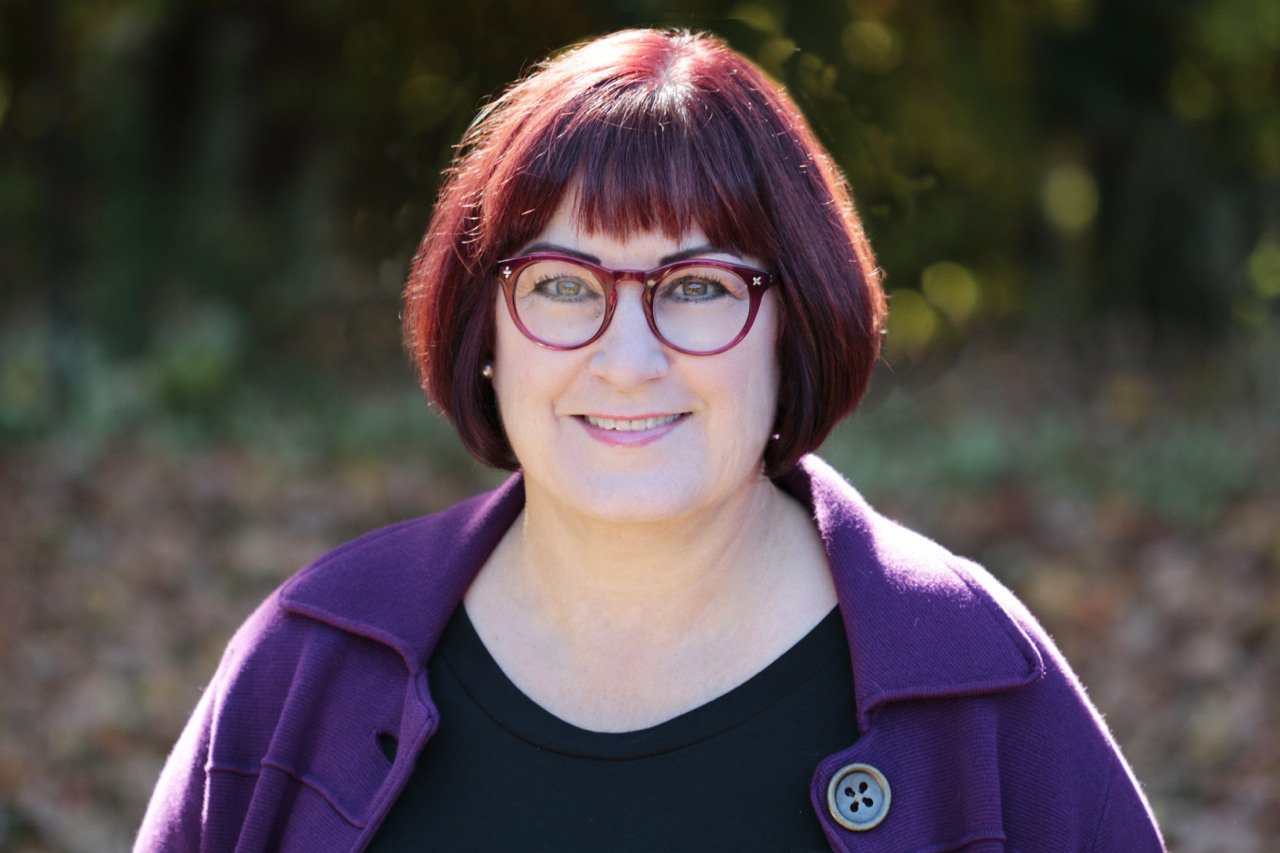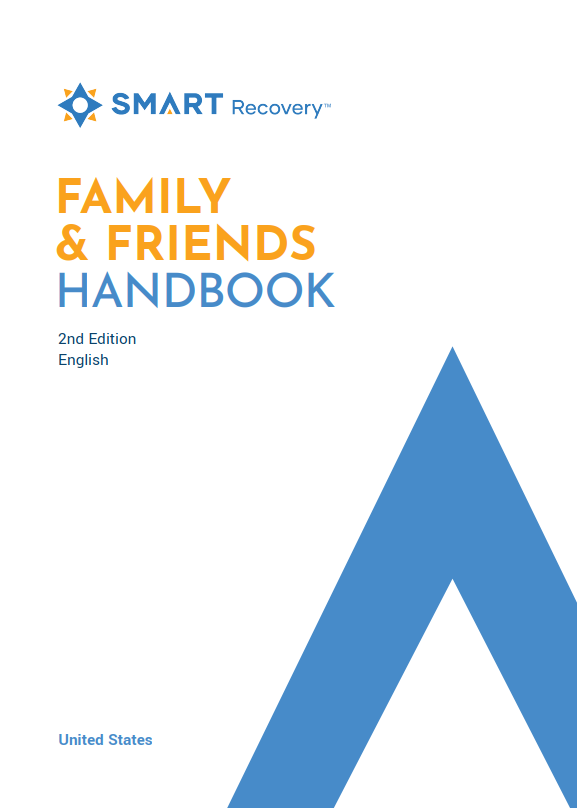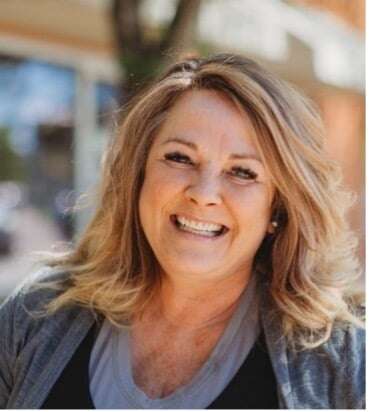Provided by SMART Family & Friends Facilitator, Kathy Lang

Surely one of the lessons of the past few months in dealing with COVID-19 has been the value of developing patience. In our Family & Friends meetings here at SMART, we often stress the importance of patience. Why? It’s because we recognize that it takes time for change to happen.
Change is a Seesaw
Research shows us that the stages of change are not linear. We make change in a seesaw manner. Any kind of change is hard. We think about it, change our mind, wrestle with ambivalence. Even after the commitment is firm, we most often act in a seesaw fashion as well. One day we’re successful and then we falter. We eat that hot fudge sundae after an entire week of strict dieting. Old habits die hard. It requires patience with ourselves and the nature of change.
For family and friends of someone with an addiction, the process of change is an important issue. We are faced with loved ones in many stages of change. They may not yet see their addictive behavior as problematic or they may waffle back and forth between sobriety and substance use. We label this waffling behavior as lapsing or relapsing, but it is no different than us eating the hot fudge sundae after our week of dieting. Our loved one’s efforts at recovery can often feel a little like a roller coaster to us. Managing that roller coaster we’re riding requires the development of many skills. Patience is one of them.
We also face this seesaw nature in our own change process. When first faced with the decision of making changes, we may feel resistance. “Why do I need to change? Isn’t my loved one the one who has a problem?” As we learn that there are more effective ways of dealing with our situation, we begin to give up behaviors like nagging, pleading, and protecting our loved one from natural consequences, the behaviors that do nothing to help us or our loved one. We make a commitment to practicing more compassionate and helpful ways to interact.
However, often we discover that our commitment to change is not always enough. We have a stressful day and a discussion with our loved one turns into an argument with us reverting to old behaviors. We do what can be described as “under stress we regress.” That’s because habitual behaviors are not easy to break. They are our default position until we’ve had the time to make change more permanent. Again, we need to allow time to contribute to our change efforts. Patience!
Rebuilding Trust
Another challenge of dealing with addiction is trust. When we attend our first F&F meeting, we have usually lost trust in our loved one in general, disappointed and angry over negative behaviors fueled by our loved one’s addictive behavior. Lying, not following through on commitments, even stealing are common experiences. Trust is destroyed in one brief moment, but rebuilding it is usually a long journey. We ask, “When can I trust her again?” A loved one in recovery for six months says, “I’m doing everything right, but I know my wife still doesn’t trust me. Why not?”
Those in recovery need to continue to make deposits (honesty, dependability, responsibility) into what we call the “trust bank.” And we need to recognize their successes by telling our loved ones how much we appreciate what they are accomplishing. And both we and our loved ones need to recognize the time factor as an ingredient in reestablishing trust.
Early in my loved one’s recovery I can remember the fears. Was he lying about where he was going? Who he was seeing? That was nine years ago, and I cannot answer the question of when those fears stopped. I know I haven’t had them in a very long time. I know it was a gradual process. I can say to those experiencing them that it takes as long as it takes and it requires patience.
An important issue that is overlooked is the reaction of our loved one when we make changes in our behavior. Is it realistic to expect that the first time we don’t react by criticizing or arguing that our loved one will trust that we have changed? We have a hard time trusting their attempts at change. Why should we think they can trust our efforts? We need to respect that our loved one needs the same deposits in the trust bank from us. When we have practiced these new behaviors over time, our loved one will learn to trust our new compassion and understand that we are on their side.
Time is a Factor
Sometimes we confuse trust with the issue of forgiveness. They are different. Many of us struggle with forgiving our loved one for past disappointments. We may even learn to trust them, but forgiveness lags. Forgiveness is ultimately a gift to ourselves because it frees us from recycling past anger and hurts. It allows us to move forward uncluttered by dwelling in negative thinking and feeling. Forgiveness means giving up all hope for a better past. However, for most of us time is a factor in accepting the reality of the past and reaching the goal of forgiveness. Patience with the journey is required.
It may be wise to take the, hopefully, newly found patience in dealing with COVID-19 as an important lesson. Tools of mitigation– social distancing, masks, reconfiguring business spaces, etc.– are critical, but it is a marathon rather than a sprint. Time is a factor. And we need to think about time as an ingredient in meeting the challenges of dealing with addiction. Here at SMART we use the tools we have – healthy communication, setting and protecting boundaries, managing our emotions, practicing self-care, and more – but we need to acknowledge that developing patience is a necessary skill to reach our goals.
About SMART Recovery Family & Friends
SMART Recovery Family & Friends helps those who are affected by substance abuse, drug abuse, alcohol abuse, or other addictions of a loved one. Our program is a science-based, secular alternative to Al-Anon and the Johnson Intervention, and our method is based on the tools of SMART Recovery and CRAFT (Community Reinforcement and Family Training). CRAFT aims to teach family and friends self-protection and non-confrontational communication skills to help their addicted loved one find recovery.
You can find Family & Friends meetings in-person and online.
- Find a local meeting: Please click here to search for a local SMART Recovery Family & Friends meeting.
- Register for online meetings: To participate in the online Family & Friends meetings, registration is required at the SMART Recovery Online website: www.smartrecovery.org/community.
If you are interested in starting a Family & Friends meeting in your local area, we would love to hear from you. Please click here to learn more about starting a Family & Friends meeting.
Click here to read more about SMART Recovery Family & Friends.




